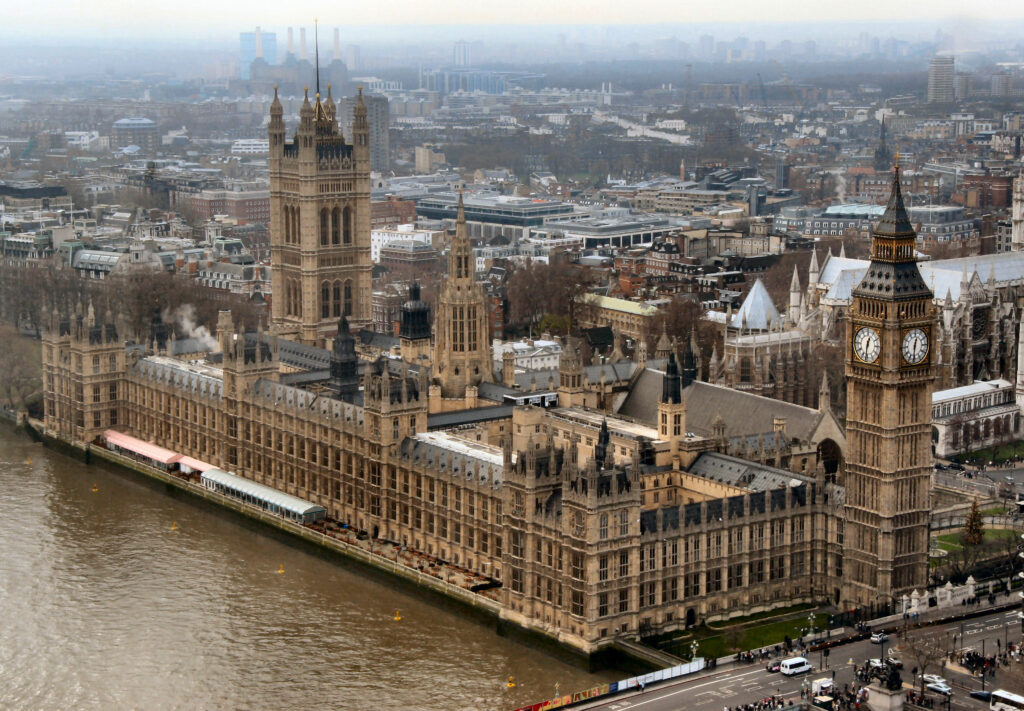The government has faced renewed calls for policies to bring forward demand side response (DSR) solutions from the final report by the Energy and Climate Change (ECC) select committee.
Following last month’s decision to scrap the committee, the report has concluded three of its ongoing inquiries including its analysis of ‘the energy revolution’, which sought to identify issues holding out innovative technologies including storage.
It has called for the right policy framework to be put in place to “unlock the full potential of DSR technologies”. It argues that incentivising energy users to reduce or shift their consumption will reduce bills, ease pressure on the grid and lower carbon emissions.
The report identifies three issues holding back greater deployment of DSR technologies, firstly the contract length available in the capacity market. DSR aggregators can only acquire a one-year contract in T-4 auctions, in which providers can compete for capacity payments four years ahead of the year in which capacity is expected to be delivered. New build power stations can meanwhile acquire a 15-year contract.
This short-term contract also means that aggregators are forced to put up a capital bond when bidding where incumbent power stations do not have to. Yoav Zingher, chief executive of KiWi Power, explained that the cost amounted to between £5,000 and £10,000 per MWh and added: “The biggest cost to doing business is the cost of paying the government to allow me to do business.”
Finally, the ECC committee reported that DSR aggregators seeking to take advantage of T-1 auctions, which take place one year ahead if more capacity is needed, are likely to be outbid by power stations, effectively removing the primary route to market for DSR.
“Together these issues leave demand-side measures at a serious disadvantage. It is clear to us that current policy is still skewed towards generation to meet balancing needs and regulation is inhibiting the development of the demand-side,” the report states.
It has therefore called for immediate changes to the regulatory framework governing DSR in order to level the playing field for the technology. Measures include removing the contract bond requirement for bidding into the capacity market, which it deems as an “unnecessary cost for businesses”, and providing a clear signal that DSR capacity should to be procured over diesel generation plants.
The ECC committee has urged government to implement these changes these in time for the upcoming T-4 and T-1 auctions in the winter 2016–17.
If conditions are brought forward to bring DSR forward, the impact on the commercial sector is thought to be extremely positive. Representatives from the National Grid told the committee during its inquiry that “roughly two-thirds of national demand sits in the industrial and commercial business sector and so initial focus should be on developing DSR in this sector.”
DSR aggregator Open Energi has signed up a number of diverse businesses to provide turn-down capacity in exchange for some level of incentive from National Grid, including the likes of Welsh Water, Tarmac and a number of universities around the UK.
The potential of DSR also fed into the recent debate around the Hinckley Point C nuclear plant after the Energy and Climate Intelligence Unit argued that DSR could provide enough capacity to replace the power station to meet peak demand if around 11GW is made available.






